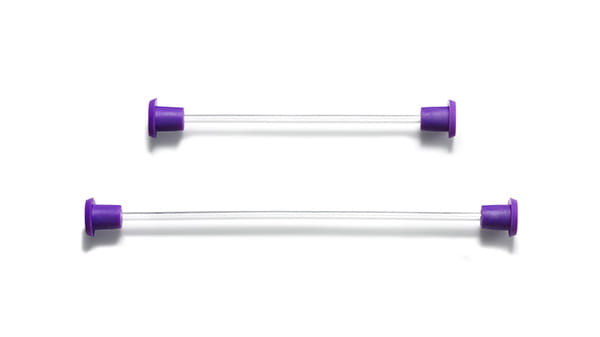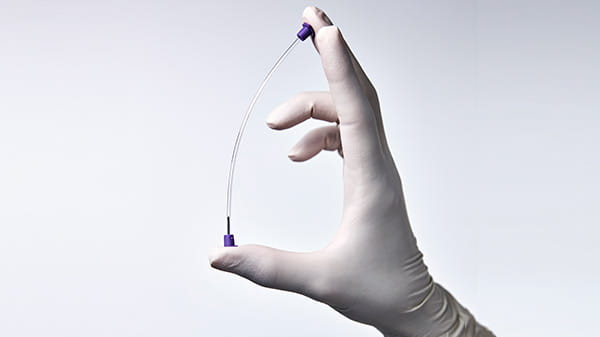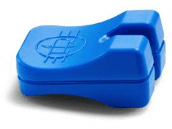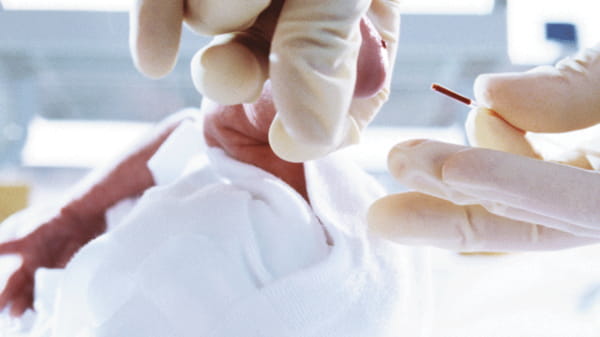Select your destination
Continue to Radiometer Medical
safeCLINITUBES capillary tubes
Minimize the risk of contact with patient blood and match the sample volume requirements of different analyzers
-
 Made of plastic
Made of plastic
-
 Available with two types of heparin
Available with two types of heparin
-
 Different volumes
Different volumes
The capillary tubes made for neonates
In neonates, capillary blood samples are desirable over other forms of sampling. This is because frequent blood collection from patients with low blood volume can result in anemia.
safeCLINITUBES—the capillary tubes from Radiometer—are made of plastic, not glass. It empowers you to:
- Minimize the risk of contact with patient blood
- Reduce the risk of preanalytical errors, specifically the formation of clots
- Match the sample volume requirements of different analyzers


Our range of safeCLINITUBES capillary tubes
Specialists by blood |
Explore the safeCLINITUBES capillary tubes
Get to know the capillary tubes that meet your blood gas testing needs in the NICU and maternity ward

Mixing wire and magnet
Designed to facilitate thorough mixing of your sample

END CAP
Designed to help seal the capillary tubes, preventing contact with patient blood
Made of plastic
Less likely to break
Heparin
Pre-heparinized with dry electrolyte-balanced heparin, designed to minimize clots
Wide range of volumes
With low volumes available, minimize the amount of blood you need to take from your patient when using Radiometer blood gas analyzers.
Explore the safeCLINITUBES capillary tubes
Get to know the capillary tubes that meet your blood gas testing needs in the NICU and maternity ward

Wide range of volumes
With low volumes available, minimize the amount of blood you need to take from your patient when using Radiometer blood gas analyzers.
Mixing wire and magnet
Designed to facilitate thorough mixing of your sample

END CAP
Designed to help seal the capillary tubes, preventing contact with patient blood
Made of plastic
Less likely to break.
Heparin
Pre-heparinized with dry electrolyte-balanced heparin, designed to minimize clots


Capillary blood sampling in the NICU
56% of all procedures in the neonatal unit are performed using capillary blood samples. Capillary blood sampling is less invasive and requires a smaller amount of blood volume than venipuncture. Compared to other methods of blood sampling that require higher volume, capillary blood sampling reduces the risk of anemia in NICU patients and avoids the effects of blood volume reduction. [1]
Plastic microcollection devices are recommended for capillary blood sampling. After collecting the sample, these devices need to be capped immediately to prevent room air exposure. Capped samples should be mixed immediately to prevent clots. [1]
Related knowledge sources
![]()
Mastering the preanalytical phase
Learn about 12 common preanalytical errors and how to avoid them and test your self with a quiz.
![]()
Preanalytical blood gas errors
This handbook focuses on the preanalytical phase of blood gas testing and what you can do to minimize errors.

How-to videos - guide to blood gas
Watch six educational videos to support you in understanding blood gas analysis.
Cookies are used on this website
Use of cookiesPlease enter a valid email
We will be sending an e-mail invitation to you shortly to sign in using Microsoft Azure AD.
It seems that your e-mail is not registered with us
Please click "Get started" in the e-mail to complete the registration process
Radiometer is using Microsoft AZURE Active Directory to authenticate users
Radiometer uses Azure AD to provide our customers and partners secure access to documents, resources, and other services on our customer portal.
If your organization is already using Azure AD you can use the same credentials to access Radiometer's customer portal.
Key benefits
- Allow the use of existing Active Directory credentials
- Single-sign on experience
- Use same credentials to access future services
Request access
You will receive an invitation to access our services via e-mail when your request has been approved.
When you accept the invitation, and your organization is already using AZURE AD, you can use the same credentials to access Radiometer's customer portal. Otherwise, a one-time password will be sent via e-mail to sign in.
